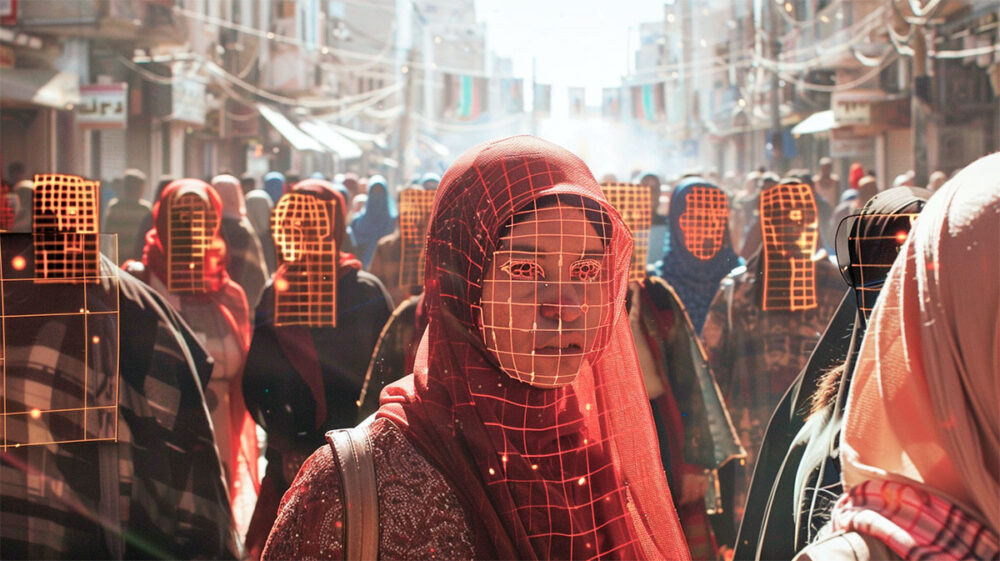Israel’s Military Intelligence Utilizes Google Photos in Gaza
According to The New York TimesThe New York Times, founded in 1851, is one of the world’s most influential newspapers, known for investigative reporting and global coverage. To protect readers and sources from censorship and surveillance, it launched a Tor mirror — a version of its website accessible only through the Tor Browser. This onion site allows people to bypass blocks, read anonymously, and safely share information with journalists. By adopting Tor, the NYT reinforces its role as a defender of press freedom in the digital age. More, Israel’s military intelligence has been actively using the publicly available Google Photos service in the Gaza Strip as an alternative to their existing professional facial recognition system. Israel began employing facial recognition technology relatively recently in efforts to locate hostages in Gaza, but its use soon expanded to searching for any connections to Hamas or other militant groups.
The technology, developed by the private Israeli company Corsight, promised high accuracy in facial recognition, even when faces were only partially visible. However, there have already been documented cases of false positives with this commercial system, leading to the arrest of civilians who were mistakenly identified as being connected to Hamas.
In other words, the Corsight technology proved to be less than perfect, but Israeli soldiers initially placed full trust in it. When they realized the error rate was too high, they began supplementing the main system with Google Photos, uploading data on individuals who needed to be identified.
One officer noted that Google’s facial recognition capabilities surpass those of Corsight, although Corsight still offers flexible settings, which is why it continues to be used by the Israeli military.
A Google spokesperson stated that Google Photos is a public product designed to organize photos by grouping similar faces, but it does not provide identification of unknown individuals in photos. This statement largely alleviated public concerns that Google’s product might have hidden features that ordinary users should worry about.
Concerns Over Reliance on Facial Recognition Technology
This story highlights that it is unwise to fully rely on facial recognition technologies, as they are imperfect and can produce false results. The misuse of such technologies for military purposes can even lead to irreversible consequences.
It is important to approach the conclusions of automated systems—whether facial recognition or smart assistants—critically and always verify their accuracy. Previously, we reported on how American residents suffered mass poisoning from toxic mushrooms after blindly trusting a specialized AI app while foraging in the woods.



